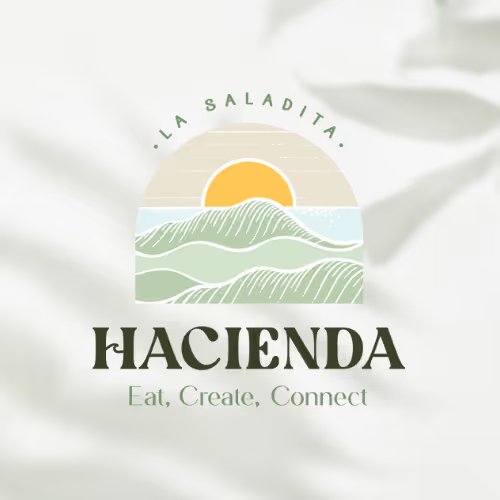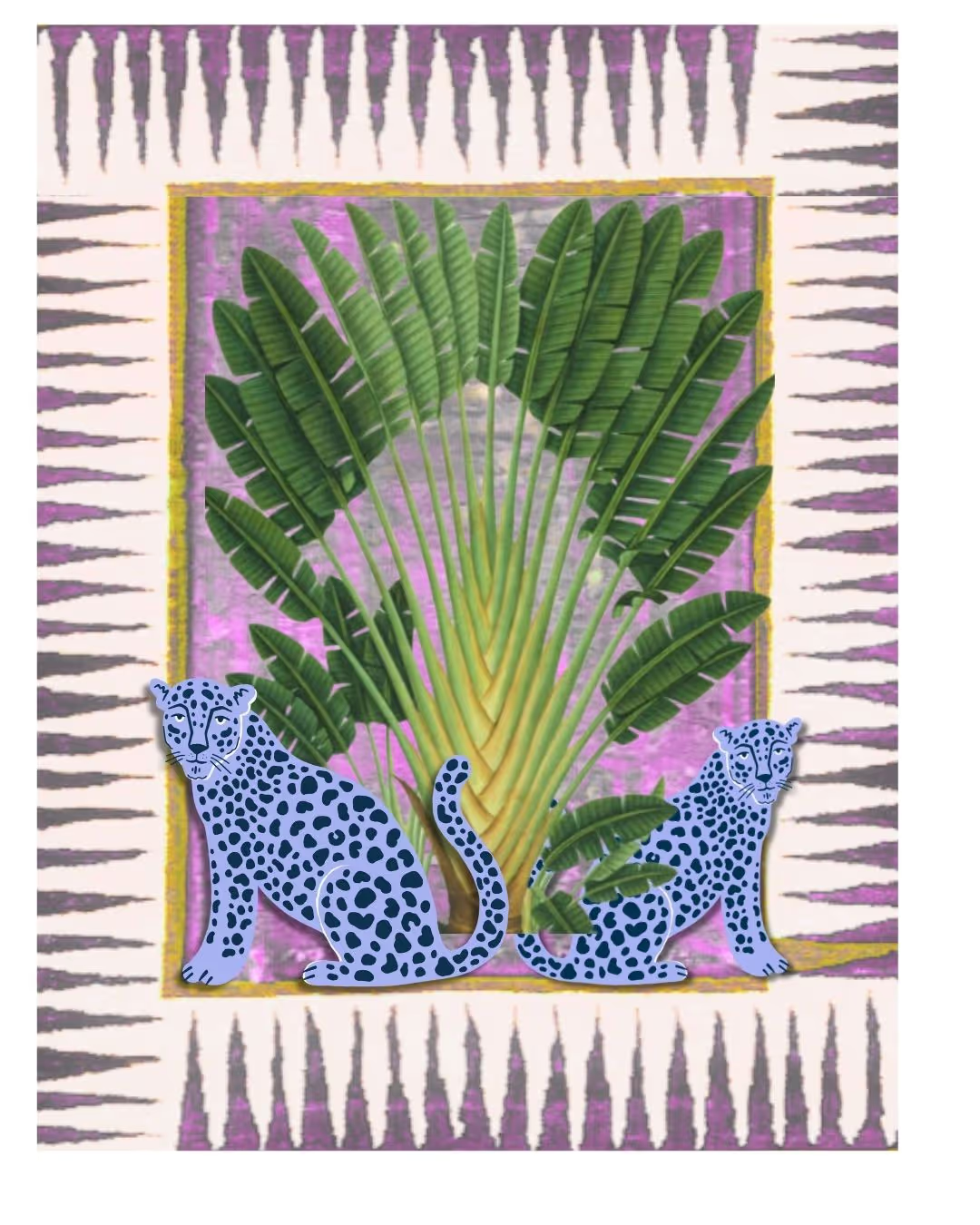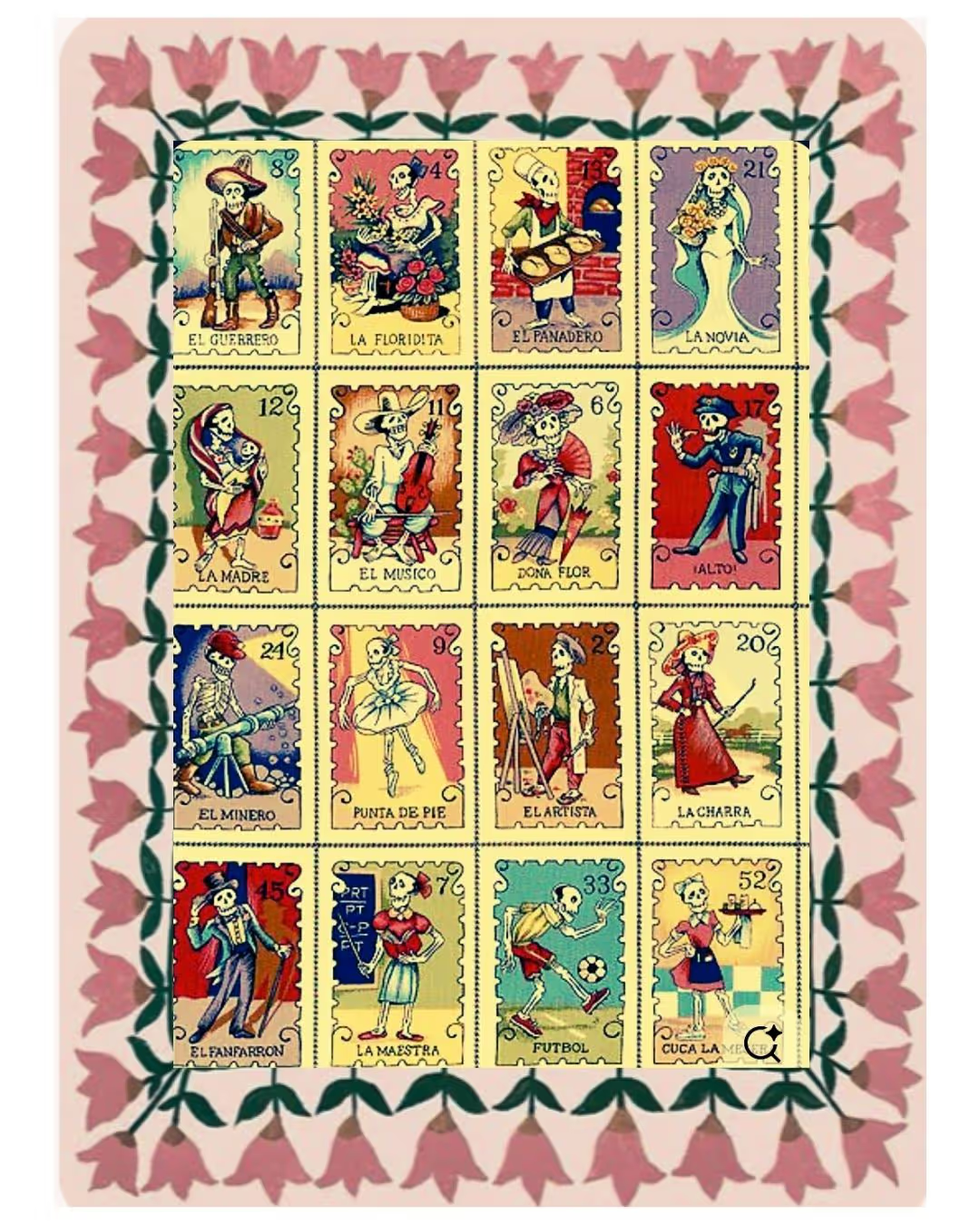STAYING HEALTHY

Where can I find health care?
There’s a local clinic and a pharmacy in Troncones. There are also hospitals and doctors in La Union and Zihuatanejo (25 minutes on Highway 200, either direction, north or south).
Benita and Tito own the pharmacy on Main Street. Benita is a nurse; both speak English, both are very responsive by whatsapp, text or call: Benita +52.755.102.7341 Tito +52.755.101.9755.
Yes, the pharmacy hours can be unpredictable, but it’s open more often than it’s closed.
The Troncones medical clinic is open Monday through Saturday, from 8 am to 4 pm. To get there, take the road next to Casa Norely, up the hill and follow the clinic signs. The clinic is across the street from the cemetery.
The clinic is officially known as UMR Troncones IMSS-Bienestar. It’s a rural medical unit under the Mexican government’s IMSS-Bienestar program, a federal healthcare system focused on providing free healthcare to individuals without social security, effectively acting as a universal healthcare program.
The clinic’s doctor is Dr. Gustavo Velázquez. He takes phone calls and texts by WhatsApp, +52.755.557.1054. He does respond after hours and will come as he is, medical bag in hand.
Dentists are available in Troncones, Ixtapa and Zihuatanejo. Mexican dentists are much sought-after; people come from all over the world for their work. Dental Troncones can be reached on WhatsApp, +52.755.111.1375.
What about "Montezuma's" and food safety?
Traveler’s diarrhea—often called Montezuma’s Revenge—is the most common health bump for visitors. It usually comes from unfamiliar bacteria in food or water and is more about adjustment than danger. Stick to purified water, wash or peel fruits, and choose restaurants and street vendors with good turnover and fresh cooking.
Most cases are mild and pass quickly, but staying hydrated is key (with electrolytes, if needed). Home remedies can be fresh coconut water, charcoal pills, anti diarrea meds, and a simple B.R.A.T. diet (banana, rice, apples, toast and/or mint or ginger tea) and rest until things calm down.
Can I drink the water from the tap?
That’s not recommended. Bottled water is a safer bet. Most residents drink and cook from garrafones (large bottled water jugs). Most hotels and house rentals provide those water jugs or water taken from them. The jugs are available at the local tiendas and from Purificadora H2O Troncones (+52.755.120.4575).
When it comes to ice, restaurants typically use purified ice and serve purified water. If in doubt, ask.
What about washing fruits and vegetables?
Fresh produce is abundant in Troncones. It’s best to wash everything thoroughly before eating. Most residents put a few drops of Microdyn or vinegar in a bowl of clean water to soak their fruits and vegetables for 10–15 minutes.
Microdyn and vinegar are available at the pharmacy or any grocery bodega/tienda. A mixture of 1-part vinegar to 3-parts water can also be effective in removing unwanted bacteria.
What about scorpions, snakes and other wild animals?
You’re in the jungle—this is their home.
Most creatures here want nothing to do with you. Scorpions like to hide under things at night, so wear shoes, don’t leave open bags on the floor, and shake out clothes before putting them on. Snakes are shy and rarely encountered. If you see one, let it be or ask for help relocating it. Stings and bites are rarely serious. If you’re stung by a scorpion, ice and Benadryl usually do the trick. Some people swear by mudpacks. Clinics and pharmacies can help if needed.
Keep an eye for tejóns (tay-hons) which look like long-tailed raccoons. They like to travel in family groups, often four, five or six at a time. The Spanish word tejón typically translates to "badger" in English. However, here it refers to the white-nosed coati, a member of the raccoon family with an extended snout and a ringed tail. It’s also known as pizote or antoon. They’re cute, happy creatures but best left to their own; they have sharp teeth and sharp claws.
Are mosquitoes a problem? What about dengue?
Yes, especially in the rainy season. And yes, they can carry dengue, chikungunya or Zika—though outbreaks are rare. Use repellent–especially at dawn and dusk–wear light, loose clothing, and sleep under a fan, screen,or net. If you feel flu-ish during mosquito season, go to the clinic to rule out dengue. Most visitors walk away with nothing more than a few bites—but prevention helps.


.png)
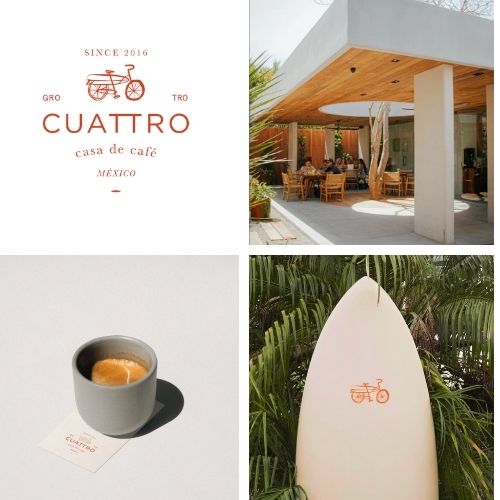
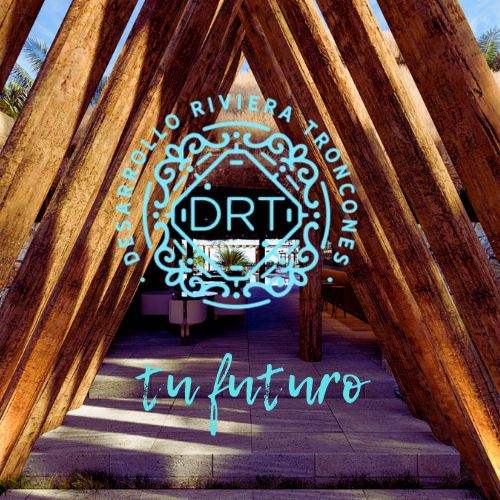
.avif)
